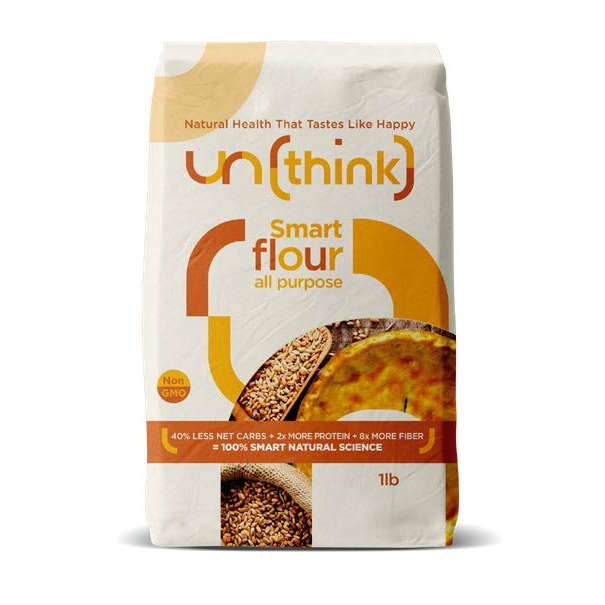
The concept of ‘Healthy = Happy’ appeals to respondents who “love to cook, eat, and stay healthy” and is readily understood. It is something that most of the respondents relate to. The statement is perceived in a positive light as ‘clever’ and ‘cool’ and makes eating healthy feel like ‘fun’. People trust the brand stating that they feel confident it will nourish them as it appears to care about delivering a healthy eating experience. “This is going to be a wake up call”.
Respondents understand that natural foods are better for them, commenting that they are happy when they are eating healthy, natural products, but that some natural foods have a bland taste which can make it a struggle, so if they taste taste good too this is “a good selling point”. All too often people grab something for a quick serotonin release but feel bad about it later, so eating more natural and healthy foods that also taste good leaves them feeling good about themselves. The ability of being able to eat their favourite comfort foods in moderation without having to worry about their health or weight is perceived as a positive proposition.
The packaging was perceived as clean and simple and easy to understand, mirroring
the concept of uncomplicated, natural and organic ingredients. The fact that it’s a
natural process and not “weirdly modified” (“I like the company’s stance on not creating “Frankenfoods’ aka loading the product with man-made ingredients through an industrial process”) was liked, although some respondents expressed a desire to understand more about how the process works in order for them to believe the unique product benefit claims, and would like to see that it is organic and certified to enhance credibility.
Consideration should be be given to a minority who feel the concept is slightly confusing, and who feel ‘happy’ is taking priority over ‘taste’ as they’re “not sure anything can taste like happy”. There is a suggestion that this could be more relatable if the promise was to “taste as good as happy feels”.